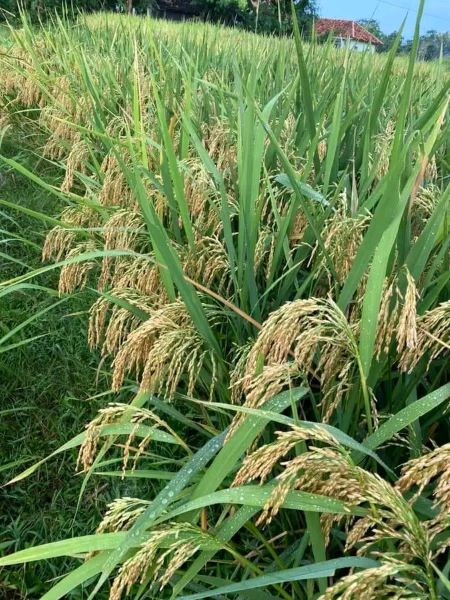The Technical Lead of, the Genome Editing Initiative of the AUDA-NEPAD Centre of Excellence in Science, Technology and Innovation, Prof. Olalekan Akinbo, has described nitrogen deficiency in the soil as one of the main obstacles to rice production in Africa.
Akinbo said this on Tuesday in an interview in Abuja.
According to him, this has forced rice producers to rely largely on inorganic fertilizers.
The don said that the use of inorganic fertilizer Indiscriminately contributed significantly to the acceleration of global warming by releasing nitrous oxide into the atmosphere.
He added that nitrogen deficiency in soil was attributed to the majority of farmland used for crop production, being farmed for a long time, making them naturally less fertile.
“To curb this, scientists in Africa, led by the African Agricultural Technology Foundation have developed Nitrogen Use Efficiency (NUE 12) rice variety under the NEWEST Rice project.
“NUE 12 is a transgenic event which involved insertion of barley’s alanine aminotransferase gene into the nuclear genome of NERICA-4.
“The transgenic variety significantly out-performed Wild type(NERICA-4) in terms of yield at varying levels of nitrogen application,” he said.
Akinbo suggested that farmers could opt for a lower cost of nitrogen fertilizer while maintaining the yield or the same quantity of nitrogen and increasing yield.
He said Uganda, Ghana and Nigeria were the three countries currently implementing processes which may eventually lead to the approval of NUE12 for commercial cultivation by farmers in these countries.
NAN



